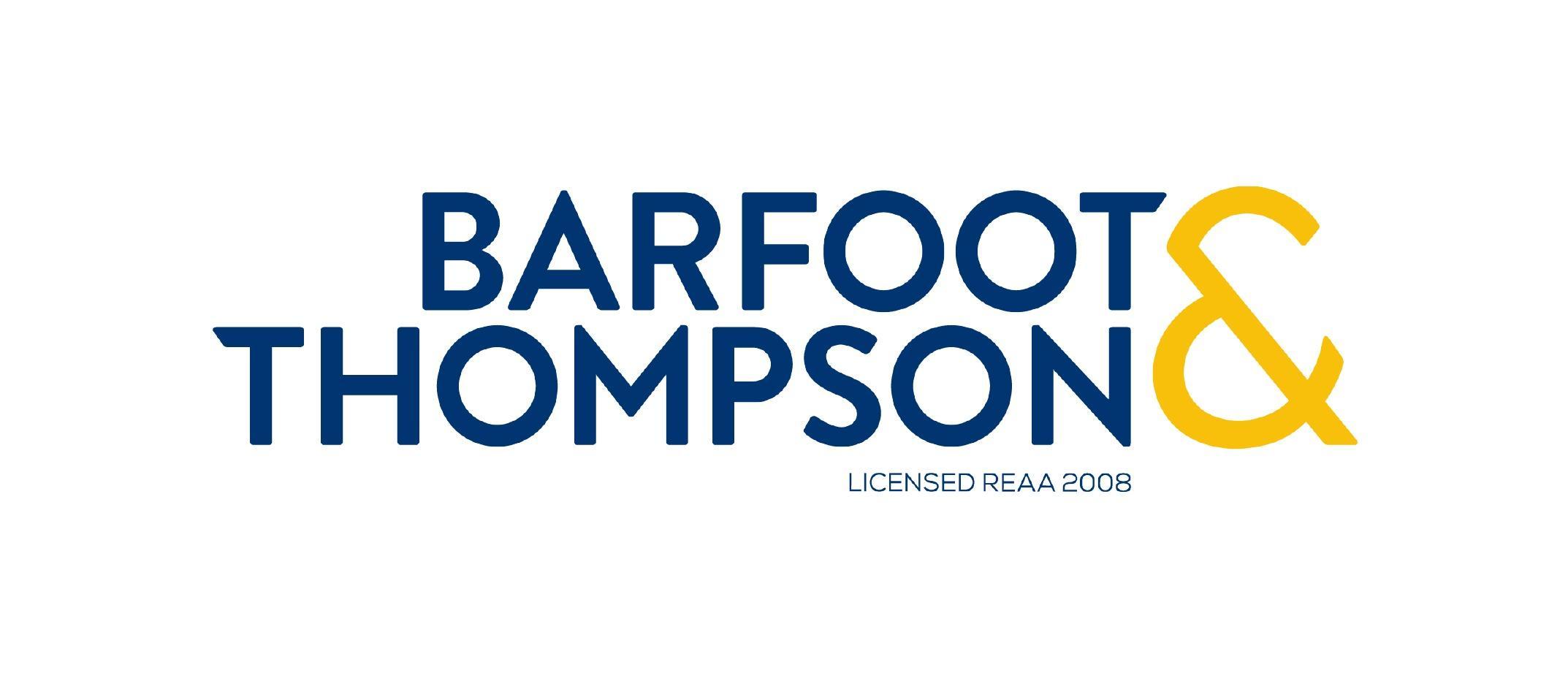It is safe to say that as investors, we are obsessed with deals. We stay up all night cruising the Internet for good deals while avoiding the bad
ones like a plague. At least that is what we are supposed to do. So why is it that some of us still get ourselves into bad deals?
Deal analysis is not enough to save you from a bad deal if you don’t know what you are doing. Here are five of the biggest analysis mistakes we see
investors make:
Mistake #1: Not analysing at all
Some investors fall into the fundamental mistake of buying on emotion rather than numbers by failing to analyse a deal before signing on the dotted lines.
As an investor, you are not buying houses, you are buying deals. Not having a full understanding of the financial projection and potential
of your property is as detrimental to your experience as renting it to a complete stranger who you know nothing of. Newbie investors often write
off property analysis as something only big-time investors need to do. That is not the case at all. Think about it this way, you wouldn’t
apply for a job if you don’t know how much it pays, what the redundancy package looks like, how much sick leave you will get, what career progression
it offers and annual bonus calculation so why would you buy a property without knowing what it means to you financially?
Related tool: Gross vs Net Return
Mistake #2: Not knowing what a good deal entails
Property analysis is not a cookie-cutter process. What is a good deal for you may be a terrible deal for your mother. Before you even start
to analyse a deal, you must have an understanding of what is it you are investing for. How do you translate your overall purpose to measurable
outcomes such as cash-flow and capital growth? For example, are you investing for immediate cash-flow? If so, how much cash-flow do you
need by the end of Year 1, Year 2, Year 3 and so on to help you reach your financial goal? Once you have your overall financial framework, simply
reverse engineer the figures back into your analysis model giving you clear guidance on what is or isn’t a good deal for you.
Related tool: Property analysis and 10-year wealth projection
Mistake #3: Keeping up with the Jones
Being involved in an investor community like APIA is great. Rubbing shoulders with other investors keep you motivated and knowledgable. That
said, if you lose sight of your overall investment purpose, you can easily get sucked into mindlessly accumulated properties just to keep up with
the rest of the group. We see this mistake made time and time again, investors relying on less to robust analysis figures to justify a bad buy
simply because they are desperate for a buy. Just remember, if you don’t have the right number going into a deal, you will never make the right
profit out of that deal. Wilful blindness never benefited anyone, certainly not you. So don’t do it.
Related presentation: How to buy a rental property
Mistake #4: Counting on low interest rates and capital gain to bail you out of a bad deal
Right now, interest rates are at an all time low and capital gains are almost unprecedentedly high, creating almost the ideal environment for many investors.
Don’t be fooled though. This is merely a moment of the market that will surely not last forever. Analyse a deal for the long term
and stress test your numbers. Is there enough fat in there to help you hold on to your properties through the tough times?
Related video: How to deal with disruptions to your portfolio
Mistake #5: Relying on out-dated analysis
Be prepared. Your investment purpose will evolve alongside your changing needs and growing resource base. What is a good deal for you today
may not be so great in 10 years time. Which should drive home the message that you should make a habit of analysing all of your properties regularly
to evaluate which one to hold on to and which ones to get rid of. Relying on stale analysis figures are just as foolish as not analysing at all.













Add Comment